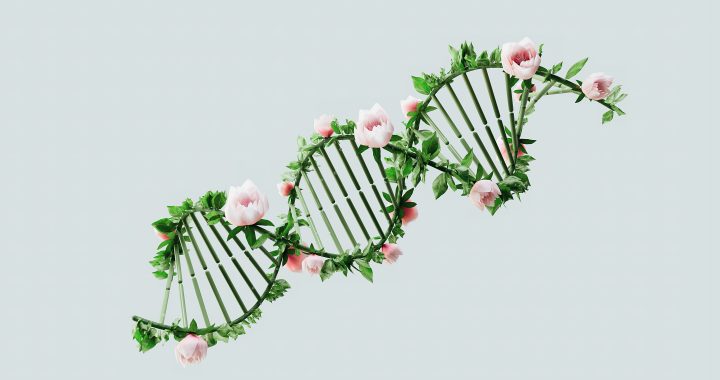As many people who study semantics and the meaning of words already know, the term oxymoron refers to a figure of speech in which two contradictory terms appear in conjunction with each other. For those who would choose to look at the matter more closely, the term artificial intelligence might indeed be seen a genuine oxymoron in the sense that what is artificial can never really be part of a genuine intelligence. That is if one is willing to look more closely at what the word intelligence really means in its broader context; one that is simply beyond the parameters of cognition, memory, and logical thought patterns.
If one looks at intelligence as a matter of having direct insight into the details and dynamics of the world in which one lives, rather than as a capacity for accurate cognition or the use of logical thinking and memory to ferret out the truth concerning various situations, then it would seem to be rather obvious that the sort of artificial apprehension of reality that is part of A.I. and all its various uses and devices is not a part of the use of one’s emotive and sensorial life that is required for this sort of immediate direct insight to take place. Indeed, the sort of analytical thought and memory that is part of A.I. often only dilutes that sort of insight.
That is to say, artificial intelligence, for all of its amazing powers will never be able to possess the sort of emotive or sensorial apprehension that is requited for moments of direct insight into the nature of things; an intelligence which is more immediate and more direct than what can be gained through the use of logical thought and memory, even as cognitively creative as those two dynamics might be at times in apprehending reality more clearly or in solving a number of our pressing problems. In addition, when A.I. enthusiasts speak of artificial intelligence possessing consciousness, it is not the consciousness born of direct insight, one that takes place beyond the domain of thoughts and words.
What we so desperately need in our current digital age is a redefinition of what intelligence means. Is it simply a matter of how to use cognitive thought and memory in order to think creatively, or does it have more to do with having direct insight into things at a place beyond thought and memory, where we can ultimately combine emotive and sensorial reactions to different elements of our world in order to see more clearly? If it is the latter, then A.I. will never be fully a part of what the word intelligence means. It will be able to bring all kinds of technologies to the world which exponentially can enrich our lives, but it will never possess genuine insight.
Albert Einstein figured out the relationship between space and time not nearly so much due to a cognitive apprehension of these things, but instead due to an intuitive realization of their dynamics. Pablo Picasso created much of his great cubist art after his immediate realization of the need to jettison the idea of the vanishing point. Niels Bohr was able to comprehend the structure of the atom and how electrons circle the nucleus due largely to his previous intuitive struggles with the nature of rational thought. And the great trumpet player Miles Davis was able to expand the world of bebop jazz into his beautiful, lyrical playing not nearly so much due to a better understanding of music theory, but largely due to his intuitive realization of what would happen if he simply lengthened the space between musical notes.
The possibility of perceiving our ourselves and our world through an intelligence which is anchored in the sort of direct insight which the above explorers of the fabric of inner space employed has always been with us. However, for this to occur, we need to recognize that the type of intelligence currently associated with A. I. and all of its resultant technologies does not fully exist at the same level that a holistic intelligence born of direct insight does; one that necessarily begins with our emotive and sensorial reactions to the world. Certainly, A.I. can provide many important new components to our world. Yet the one thing its can’t do is to exist in the midst of this same level of holistic awareness.
